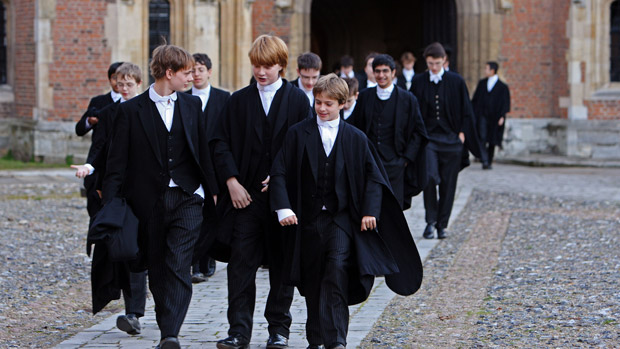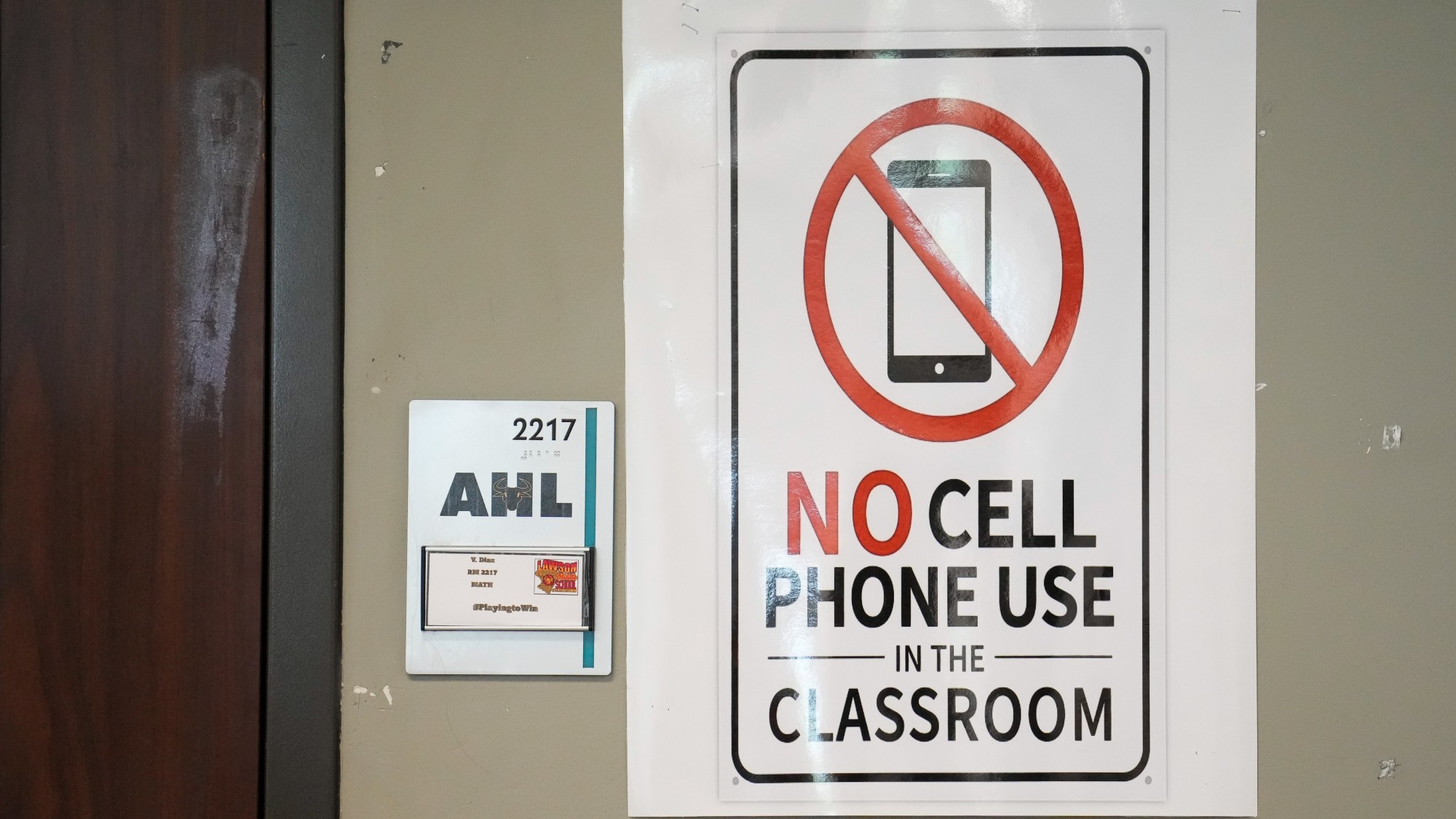Britain’s top jobs still ‘dominated by private school elite’
Study finds that 39% of ministers 65% of judges were privately educated

A free daily email with the biggest news stories of the day – and the best features from TheWeek.com
You are now subscribed
Your newsletter sign-up was successful
Britain’s top jobs in politics, the judiciary, media and business, are “still in the hands” of those who went to private school, reports The Guardian.
Researchers examined the educational backgrounds of more than 5,000 leading figures across categories including politicians, tech bosses, journalists, judges and FTSE 350 chief executives.
They found that a tiny elite of the privately educated continues to dominate the high-ranking roles: 39% had enjoyed an independent education, compared with 7% of the general population.
The Week
Escape your echo chamber. Get the facts behind the news, plus analysis from multiple perspectives.

Sign up for The Week's Free Newsletters
From our morning news briefing to a weekly Good News Newsletter, get the best of The Week delivered directly to your inbox.
From our morning news briefing to a weekly Good News Newsletter, get the best of The Week delivered directly to your inbox.
The study, called Elitist Britain 2019, discovered that in politics, 39% of the cabinet went to fee-paying schools compared with 9% of Labour's shadow cabinet, while 29% of the 2017 intake of MPs were privately educated.
Some 65% of senior judges, 57% of members of the House of Lords, 59% of civil service permanent secretaries and 52% of Foreign Office diplomats hail from a private school background.
The Times says the news shows that the “privately educated elite” has tightened “its grip on politics”.
But the BBC adds that “it might not be a huge surprise that the upper ranks of the judiciary, the diplomatic service, the armed forces and public bodies are stuffed by a disproportionate number of former public-school pupils”.
A free daily email with the biggest news stories of the day – and the best features from TheWeek.com
Critics described the figures released by the Sutton Trust and the Social Mobility Commission as “scandalous”.
Luke Heselwood from the Reform thinktank said the findings show that the UK is “far from being a meritocracy”. He added: “Fixing this will require serious reform to the education system as, despite improvements, the most advantaged are nearly 10 times more likely to attend elite universities than the most disadvantaged.”
Dame Martina Milburn, the chair of the Social Mobility Commission, said politicians, employers and educators must “work together to ensure that Britain’s elite becomes more diverse in gender, ethnicity and social background”.
She insisted: “It is time to close the power gap and ensure that those at the top can relate to and represent ordinary people.”
-
 What to know before filing your own taxes for the first time
What to know before filing your own taxes for the first timethe explainer Tackle this financial milestone with confidence
-
 The biggest box office flops of the 21st century
The biggest box office flops of the 21st centuryin depth Unnecessary remakes and turgid, expensive CGI-fests highlight this list of these most notorious box-office losers
-
 The 10 most infamous abductions in modern history
The 10 most infamous abductions in modern historyin depth The taking of Savannah Guthrie’s mother, Nancy, is the latest in a long string of high-profile kidnappings
-
 The pros and cons of banning cellphones in classrooms
The pros and cons of banning cellphones in classroomsPros and cons The devices could be major distractions
-
 School phone bans: Why they're spreading
School phone bans: Why they're spreadingFeature 17 states are imposing all-day phone bans in schools
-
 Schools: The return of a dreaded fitness test
Schools: The return of a dreaded fitness testFeature Donald Trump is bringing the Presidential Fitness Test back to classrooms nationwide
-
 Send reforms: government's battle over special educational needs
Send reforms: government's battle over special educational needsThe Explainer Current system in 'crisis' but parents fear overhaul will leave many young people behind
-
 Education: Can public schools be religious?
Education: Can public schools be religious?Feature A Supreme Court seems ready to rule in favor of religious charter schools in Oklahoma, which could reshape public education
-
 America's academic brain drain has begun
America's academic brain drain has begunIN THE SPOTLIGHT As the Trump administration targets universities and teachers, educators are eying greener academic pastures elsewhere — and other nations are starting to take notice
-
 Schools' Send crisis: how can it be fixed?
Schools' Send crisis: how can it be fixed?Today's Big Question Government urged to reform support for children with special educational needs and disabilities and save councils from bankruptcy
-
 Unschooling: the radical education trend raising eyebrows
Unschooling: the radical education trend raising eyebrowsUnder the radar Some parents are letting their children lead their education